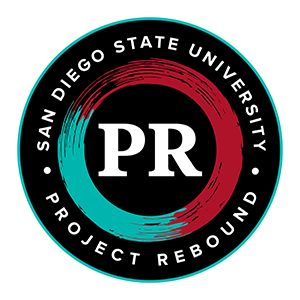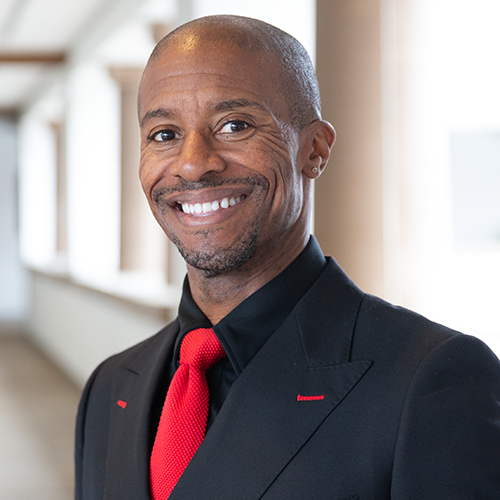Project Rebound
- Professional Studies & Fine Arts #108
- Monday-Friday
9:00 a.m. to 4:00 p.m. - 619-594-2367
- [email protected]
 PROJECT REBOUND
PROJECT REBOUND
Project Rebound works with formerly incarcerated prospective students to pursue higher education pathways leading to matriculation onto San Diego State University’s campus In collaboration with community colleges, regional jails and prisons, reentry facilities, transitional housing centers, and California’s Department of Rehabilitation (DOR).
Prospective students receive tailored academic advising, coaching on completing enrollment and registration processes, and facilitated connections to DOR’s financial aid support. Enrolled students receive these services as well as are supported with extra curricular activities such as professional development, leadership capacity building, and community engagement.
Project Rebound bridges the worlds of incarceration and higher education through student
support programs, community outreach, and interdisciplinary conversations across San
Diego State University and beyond.
Project Rebound advocates for justice that transforms both our communities and our
students.
All students, regardless of race, sex, color, ethnicity or national origin, who are interested in Project Rebound are welcome. Learn more by reading SDSU's Affirming Equal Opportunity statement.
